Lauryl Hydroxysultaine CAS 13197-76-7
Lauryl hydroxysulfo betaine??35????conten of mass??
Water??64????conten of mass??
Appearance: Light yellow clean liquid
Packaging: 200kg drum
Sample: available
related documents:
COA of Lauryl Hydroxysultaine
TDS of Lauryl Hydroxysultaine
MSDS of Lauryl Hydroxysultaine
ISO of Lauryl Hydroxysultaine
Request for product documents,Lauryl hydroxysulfo betaine??35????conten of mass??
Water??64????conten of mass??
Appearance: Light yellow clean liquid
Packaging: 200kg drum
Sample: available
发送询盘
Description
Lauryl Hydroxysultaine Quick Details
Product Name: Lauryl Hydroxysultaine
CAS No: 13197-76-7
Molecular Formula: C17H37NO4S
Molecular Weight: 351.54
Molecular Structure:
Lauryl hydroxysulfo betaine??35????conten of mass??
Water??64????conten of mass??
Lauryl Hydroxysultaine Specification
Item
Specifications
Appearance
Light yellow clean liquid
Solid content %
35min
Active matter %
29-31
Free amine %
Max. 0.5
Sodium chloride %
Max. 7.0
Color (APHA)
Max.60
Lauryl Hydroxysultaine Features
The product has excellent thickening properties, especially for fatty acid soaps; it has low irritation and bactericidal properties, and the compatibility can significantly improve the softness, conditioning and low-temperature stability of washing products; it has good Calcium soap dispersibility and hard water resistance;
The product has better mildness and foam stability, high foaming performance in a wide pH range, and good foam stability; it is non-toxic, less irritating, and does not contain harmful ingredients.
Lauryl Hydroxysultaine Applications
It is widely used in middle and high grade shampoos and body washes; it is the main ingredient for preparing mild baby shampoos, baby foam baths, and baby skin care products; it is an excellent soft conditioner in hair care and skin care formulations; it can also be used as a detergent , Wetting agent, thickener, antistatic agent and bactericide, etc.
It can be used in oilfield exploitation. Its main function is as a viscosity reducer, oil-displacing agent and foaming agent, making full use of its surface activity to infiltrate, penetrate, and strip the crude oil in the oil-bearing mud to improve the three-phase recovery
Lauryl Hydroxysultaine Package
Usually packed in 200kg drum, and also can be do customized package.
Lauryl Hydroxysultaine Storage
Store in a dry, cool and well-ventilated place. Keep the container tightly closed.
| 5 |
|
0 |
| 4 |
|
0 |
| 3 |
|
0 |
| 2 |
|
0 |
| 1 |
|
0 |
- 2
- 2-diallylpent-4-en-1-amine
- 4
- 95-16-9
- Ammonium sulfamate
- Benzothiazole
- cas:67889-00-3ح2
- cas:83524-75-8 | pigment black 32
- cas:928836-00-4 | 2
- cas:932745-70-5 | 4
- Chemical Minerals
- Coconut diethanolamide
- Daily Chemicals
- discount
- for sale
- General pvc resin
- hexyl D-glucoside
- in stock
- Lauramidopropyl betaine
- LAURIC ACID MONOETHANOLAMIDE
- Petroleum Additives
- Plasticiser
- Ploymers
- price
- PVC
- quotation
- Raw Materal
- Remove term: Petroleum Additives Petroleum Additive
- SODIUM ETHYL 2-SULFOLAURATE
Related Products
Chemical Name: Choline salicylate
CAS No.: 2016-36-6
Molecular Formula: C12H19NO4
Molecular Weight: 241.28
Appearance: Red-Brown Crystal
Monostearin is a versatile emulsifier and emollient derived from glycerol and stearic acid. It is instrumental in stabilizing emulsions and enhancing the texture and consistency of a wide range of products in the cosmetics, food, and pharmaceutical sectors.
Product name:HYDROXYPROPYL GUAR HYDROXYPROPYLTRIMONIUM CHLORIDE
Purity:99%
Appearance:Light Yellow Powder
Package:Customized according to customer needs.
Sample:Available
Decyl glucoside, scientifically known as ??-D-Glucopyranoside, is a non-ionic surfactant derived from renewable resources, such as glucose and fatty alcohols. It is a biodegradable and mild alternative to traditional surfactants, making it a preferred choice for eco-friendly and sensitive skin formulations.
This compound is characterized by its ability to form stable emulsions and foams, which are essential properties in a variety of applications, including personal care products and household cleaning agents. Decyl glucoside is valued for its low irritation potential and excellent skin compatibility, making it suitable for use in baby care and cosmetic products.
Chemically, decyl glucoside features a hydrophilic head and a hydrophobic tail, allowing it to effectively reduce surface tension and solubilize oils in water. Its mildness and biodegradability contribute to its use in formulations that require gentle cleansing without compromising the integrity of the skin’s natural barrier.
In summary, decyl glucoside is a versatile and sustainable surfactant that offers a balance of performance and safety. Its eco-friendly profile and compatibility with sensitive skin types make it an ideal ingredient for a wide range of personal care and cleaning products.
Chemical Name: UV-120
Other Name: (2’,4’-Di-tert-butylphenyl 3,5-di-tert-butyl-4-hydroxybenzoate)
CAS No.: 4221-80-1
Molecular Fomula: C29H42O3
Molecular weight: 438.66
Assay: ≥99%(LC)
Decyl Glucoside is an eco-friendly, non-ionic surfactant derived from renewable resources. Renowned for its mildness and biodegradability, it is ideal for creating gentle, high-performing cleaning agents in personal care and household products. Its sustainable and effective nature makes it a preferred choice for green formulations.
Lauramidopropyl betaine is a mild, biodegradable surfactant commonly used in personal care products and cleaning formulations. It is derived from coconut oil and is known for its foaming and wetting properties, making it ideal for creating rich lathers. This ingredient is particularly favored for its gentleness on the skin and its ability to cleanse without causing irritation, making it suitable for sensitive skin types. It also contributes to the product’s viscosity and stability.
Chemical Name: Ashwagandha Extract
Synonyms: Withania somnifera, ext.; Withania Somnefera Extract
CAS: 90147-43-6
Appearance: Brown
Coconut Oil Monoethanolamide is a high-performance emulsifier derived from natural coconut oil. It is a key component in personal care and cosmetic formulations, providing excellent emulsifying properties and improving product texture. With its natural origin and superior performance, it is the preferred choice for creating stable and high-quality products.
Chemical Name: Imazalil Sulfate
CAS No.: 58594-72-2
Molecular Formula: C14H14Cl2N2O.H2SO4
Molecular Weight: 395.26
Appearance: Solid
Chemical Name: Quercetin-3-O-sophoroside
CAS No.: 18609-17-1
Molecular Formula: C27H30O17
Molecular Weight: 626.52
Sodium Ethyl 2-Sulfolaurate is a surfactant with a unique combination of properties. It is an anionic compound, derived from the sulfonation of ethyl laurate, which is then neutralized with sodium hydroxide. This results in a product that is highly effective in lowering the surface tension of water, making it an excellent wetting agent and emulsifier. It is commonly used in personal care products, detergents, and industrial applications for its foaming and dispersing capabilities. As a mild and biodegradable ingredient, it is favored for its environmental and skin-friendly attributes, ensuring safety and performance in a variety of formulations.

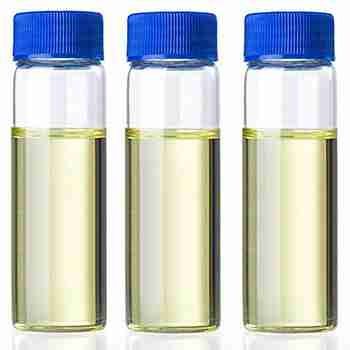
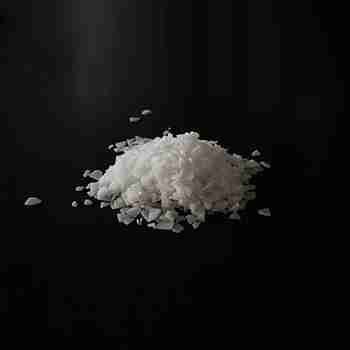
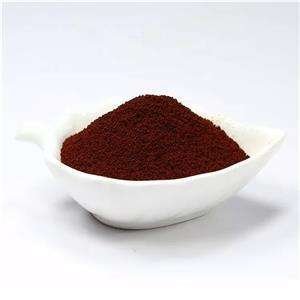

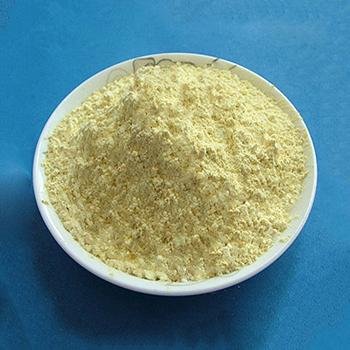

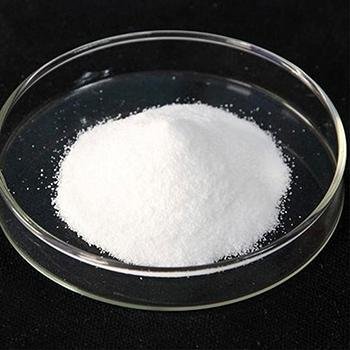


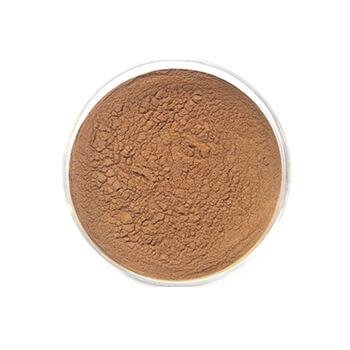
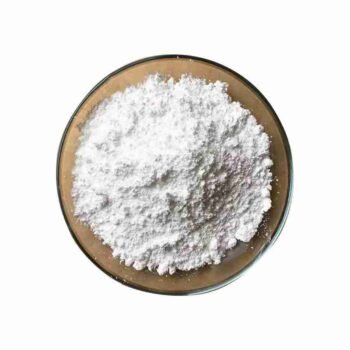
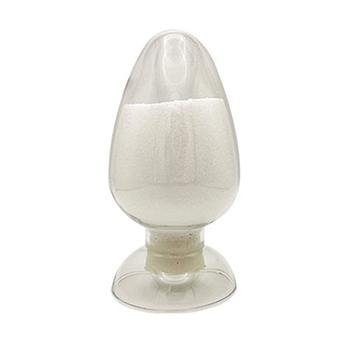
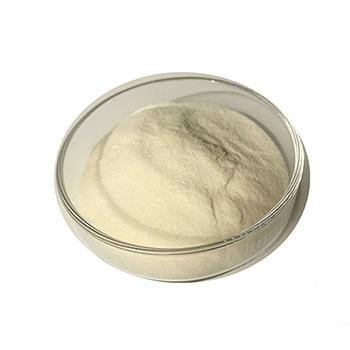
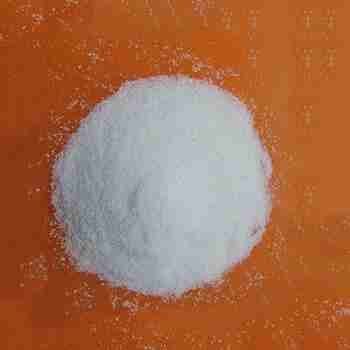
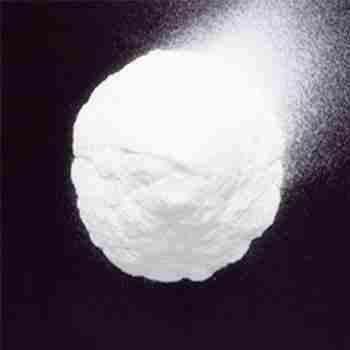
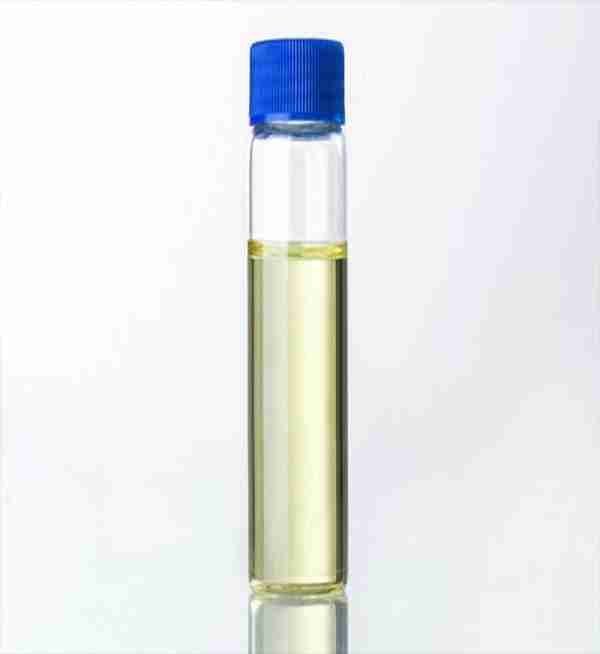
Reviews
There are no reviews yet.